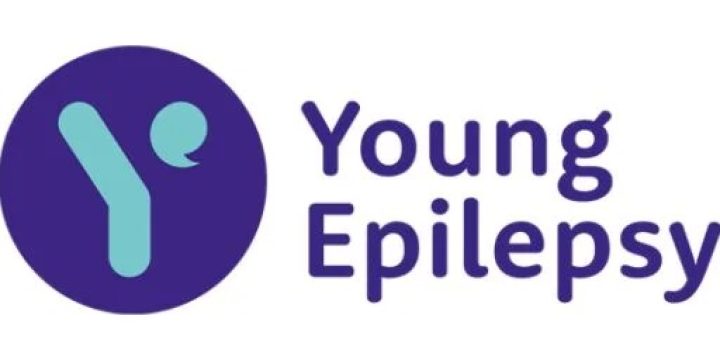
National Charity Warns that children with epilepsy need greater understanding at school
Young Epilepsy has announced funding from a number of partners including the CareTech Foundation, to support a new programme designed to increase understanding of epilepsy in schools and education settings.
The project aims to improve understanding and confidence in educators when teaching children with epilepsy survey by Young Epilepsy revealing that 1 in 3 children with epilepsy are let down by support in school.
There are more than 100,000 children living with epilepsy in the UK, and over 40 different types of seizures. For many the condition can be frightening and isolating. Common preconceptions and misunderstandings of what epilepsy is and how it can affect people often lead to children and young people facing unnecessary barriers.
School settings and institutions have a responsibility to make reasonable adjustments to fully include young people with epilepsy in all aspects of school and college life. Every child with epilepsy should have their own Individual Healthcare Plan (IHP) providing information to teachers, school staff and extra-curricular clubs on how to support them to achieve their full potential.
Recovery and impact from any type of seizure will vary for everyone, but without understanding each child’s individual epilepsy physically, emotionally, and mentally, many children are being left without the right level of support, particularly in school.
Tools like the IHP providing information around long-term health conditions and their impact on schooling already exist, but the charity warns, are not being used enough to tailor support to each individual.
The new programme from Young Epilepsy will draw on the lived experiences of young people, teachers and others in the wider community such as sports, clubs and youth settings to create innovative tools, information, training and practical support to schools and educators to build a wider understanding of the impact for a child living with epilepsy and increase confidence for professionals so they can work to support inclusion in all aspects of school-life.
"My teachers just didn't get it. I got punished because they didn't understand, which was hurtful, and I felt singled out. Some of my teachers would think that I was just daydreaming. I would get detentions and sanctions, and I'd miss out on play time. I just wasn 't treated as fairly as the other students. I am home-schooled now. I had to leave my school because they didn't understand my epilepsy. I was disappointed because I had to leave all my friends behind, had to leave the whole school, which I loved, and it hurt me. I miss my friends."
'We want to support education professionals to be better informed and more confident in understanding how epilepsy affects young people. Our current training and tools focus on learning about epilepsy, its physical, psychological, social and emotional impacts, but now we are committed to taking this a step further. We are listening to the direct experiences of children and young people and asking them what do they want their teachers to know about their epilepsy? What has their school or teacher done well? If we can learn from the experiences ofyoung people, we can share this with schools and educators, and shape our tools, training and support to spread a culture of understanding and positive inclusion for children with epilepsy.'

